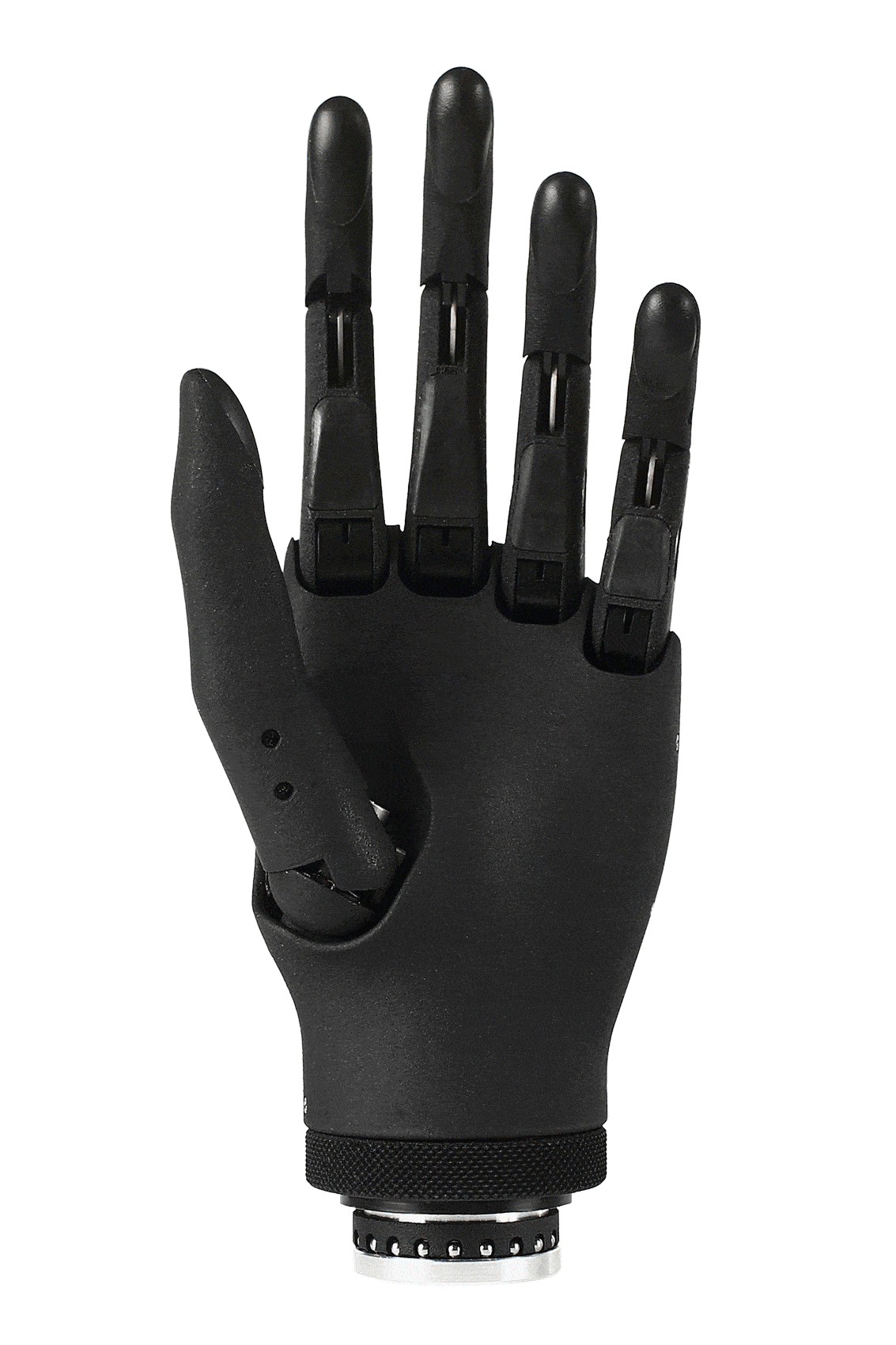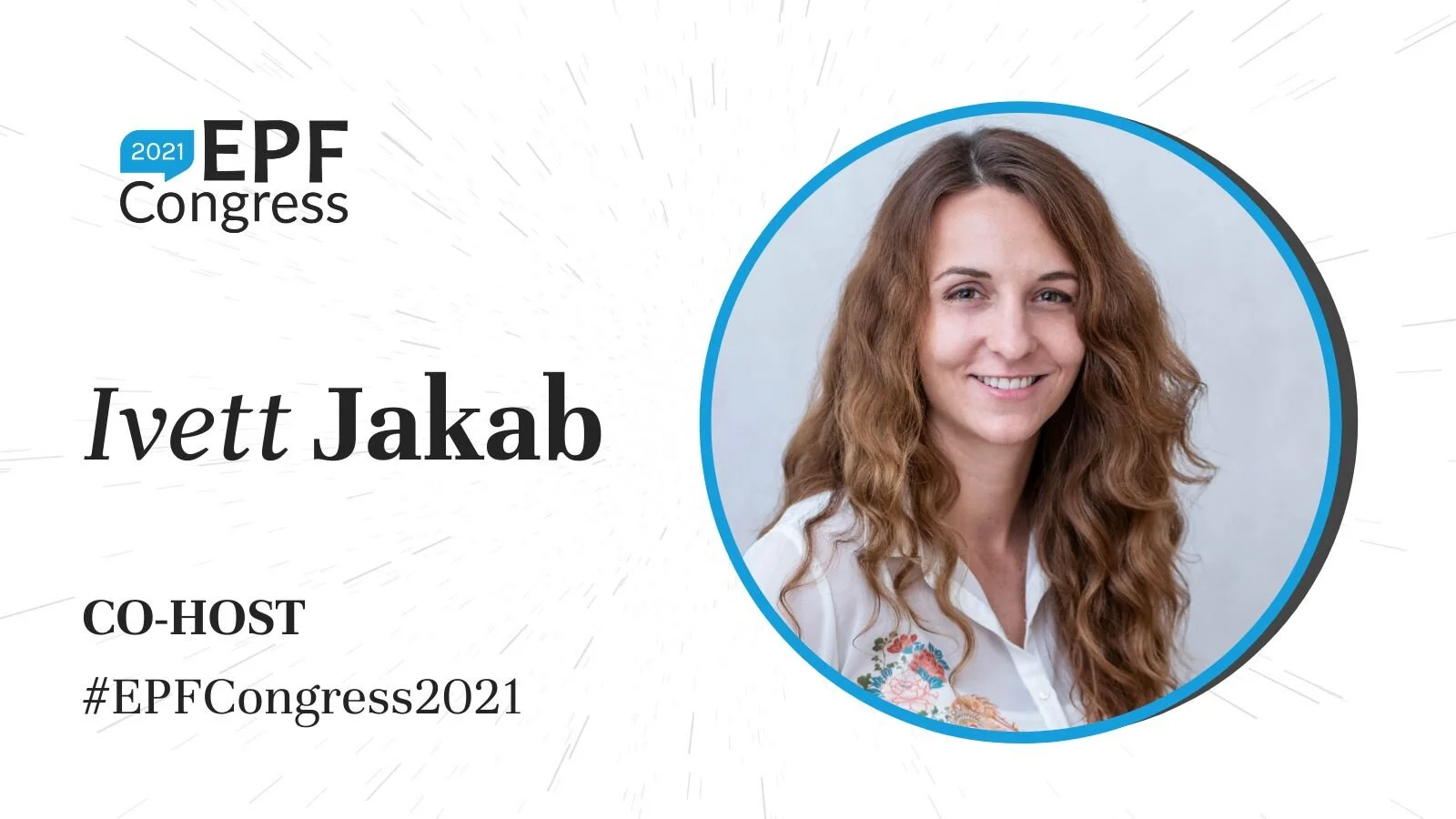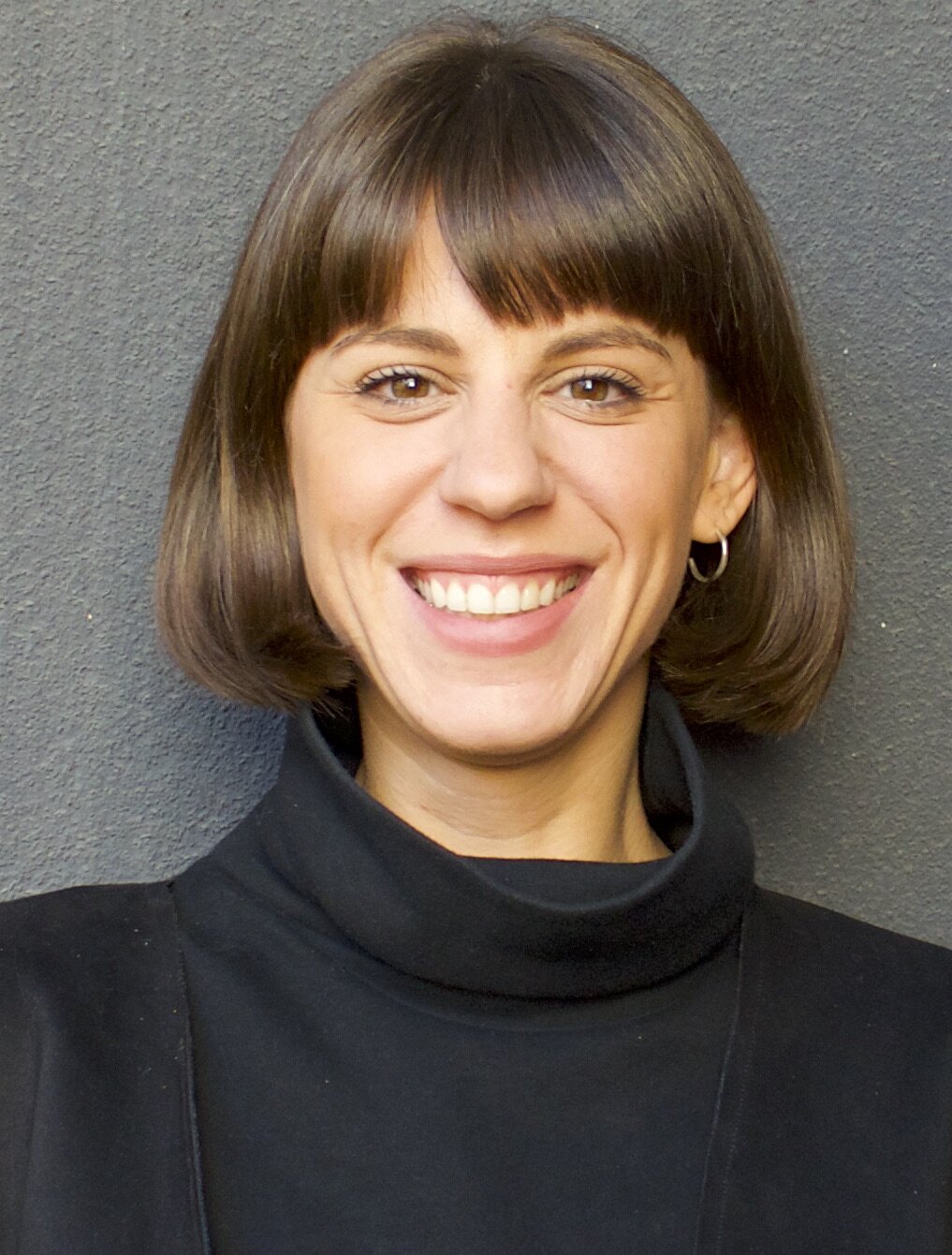For over a decade, Omada Health, a US digital behavioral medicine company, has helped individuals living with prediabetes, diabetes, hypertension, and musculoskeletal issues manage their care better with the help of digital tools and personalized support. Their reflection on what works in chronic care? Motivation is malleable, and understanding specific health goals is essential.
Read MoreOne of the biggest global challenges in healthcare at the moment is the workforce crisis. Workforce shortages are not related to the number of people that get trained for healthcare professionals but the working conditions that they need to operate under. Here’s how Buurtzorg organizes community work with self-managing teams.
Read MoreToo often, patients need to repeat their medical history when in contact with different healthcare providers. Consequently, clinicians need more time to make decisions than necessary because they can’t access patient data. London managed to digitize urgent care plans.
Read MoreMore than 1 million sexually transmitted infections (including syphilis, gonorrhea, chlamydia, HIV hepatitis, and other infections), are acquired daily worldwide. Most STIs are asymptomatic, making early detection that much more critical to prevent the spread of these diseases. This is where at-home diagnostics will potentially make a difference.
Read MoreIn 2017, 57.7 million people were living with limb amputation due to traumatic causes worldwide. Artifical limbs of the future will be better than biologic limbs: faster, stronger, with extra functionalities, says Dima Gazda, CEO of Esper Bionics.
Read MoreHow many times in the last year or two have you heard that patients should own their data or have control over their data? These statements sound simple but are much more complex once you start to look at the implications they might have in practice. In June, the European Patients’ Forum Congress took place in Brussels. The topic was the digital transformation of healthcare, data sharing, and the role of patient organizations in this story.
Read MoreCancer patients that have been cured get told by their doctors that they can now finally forget about cancer and go on with their lives. However, in reality, they are often faced with several challenges because of their past diagnosis. The right to be forgotten refers to the right of individuals who have been cancer-free for years to access financial services.
Read More“Digital health experts know a lot about health, a lot about technology, but oftentimes they don't know a lot about the psychology of the users, the behavioral economics and ways in which you can motivate them," says Talya Miron- Shatz, PhD, an expert in medical decision making.
The psychology behind decision-making is crucial for companies to be able to present meaningful information to people, not just offer them data people can’t understand.
Read MoreAdolescents and young adults are a specific group of patients: this period of growing up is sensitive by definition. Adding changes such as the transition from pediatric to adult care further increases the level of vulnerability of these patients.
Read MoreBecause US healthcare is private and operates by the rules of the free market, prices for services and medications can differ substantially. It is very difficult for patients and doctors to know the medication cost in advance.
Read MoreSimone Lehwess Mozzilli and Liliane Dübois both had cancer in their past. Liliane as a child, Simone as an adult. They are both an integral part of the Brazilian non-profit Beaba. Beaba offers support to children with cancer and their families by demystifying cancer and informing in a clear, objective, and optimistic way about the disease and treatment.
Read MoreIn January 2021 a jury in Montana delivered what is believed to be the first verdict in a wrongful life case, awarding over $400,000 compensation for medical and emotional costs due to the unwanted treatment of Rodney Knoepfle. In theory, patients have the right and option to draft an advanced care plan, a written document with their preferences about advanced medical treatment, life support, and resuscitation in case of a serious health event.
Read MoreMedication management is a complicated, expensive, and complex healthcare problem. Because taking medications is only on a small part of patient’s lives, taking them correctly can be complicated and burdensome. On Medisafe, patients manage almost 30,000 medication doses every hour. The app is free for the users, but the generated data creates value that helps partners of Medisafe to promote collaboration and improved decision-making throughout the healthcare industry.
Read MoreSummus Global enables people from across the world to connect to renowned medical experts. The company has a network of over 4,000 specialists. Their customers come from the US, China, Canada, Philippines, Spain, England, United Arab Emirates, Hong Kong, Luxembourg, Turkey, and Ireland.
Read MoreAnthem is striving to become a digital AI-first enterprise and make healthcare far more predictive, far more proactive, transparent, and personalized than it currently is.
Read MoreORCHA offers app providers a review that gives them oversight of their compliance with different jurisdictions. So far, over 6000 apps have been reviewed. ORCHA, which operates in 6 countries in Europe, New Zealand and UAE, uses 300 data points in their review process.
Read MoreLeah Houston is an Emergency Physician who has been following blockchain development since 2012. When a hospital she used to work for stole her identity for fraud billing, she decided to design a blockchain-based solution that would prevent such abuses from happening to any doctor in the future.
Read MoreTikTok is an increasingly popular platform without an age limit of the audience and creators. 15 to 60-second videos offer audience information, challenge them to dance, or just take user’s minds off every day worries. All sorts of professionals are using TikTok to build their brand or just have a little bit of fun. Medical workers are no exception.
Read More



















